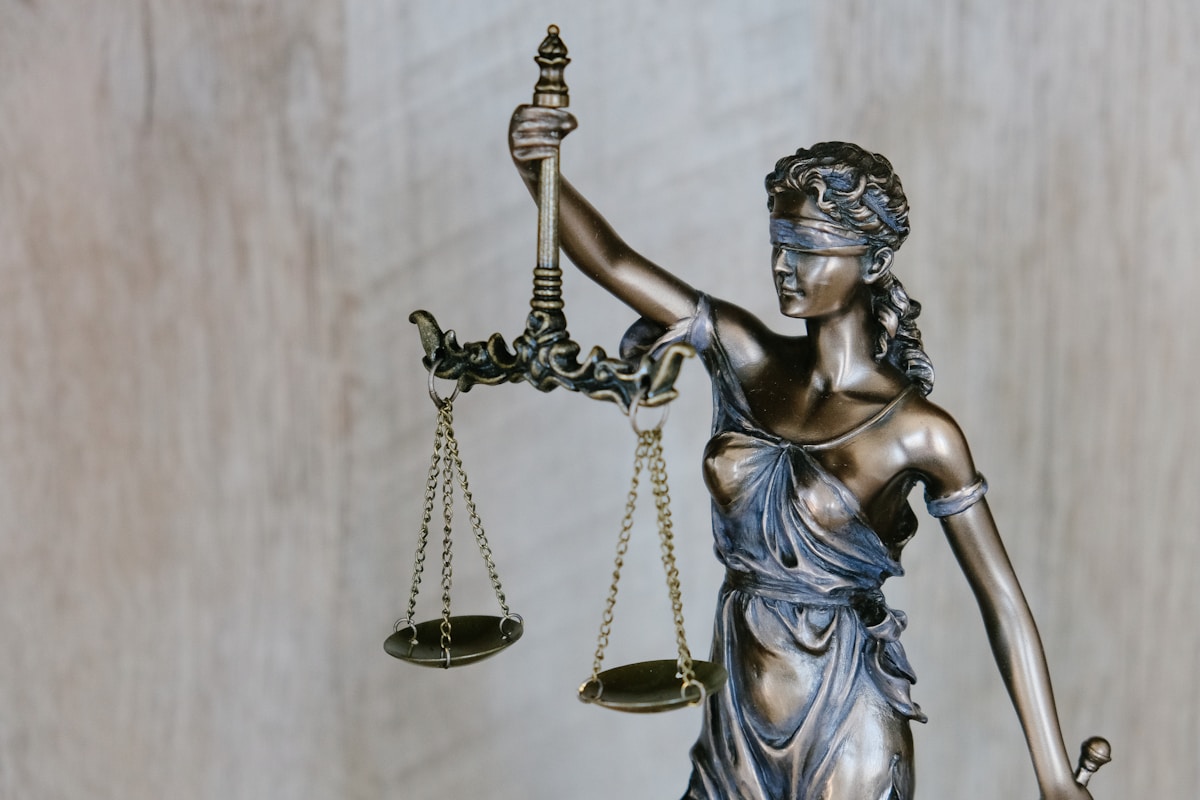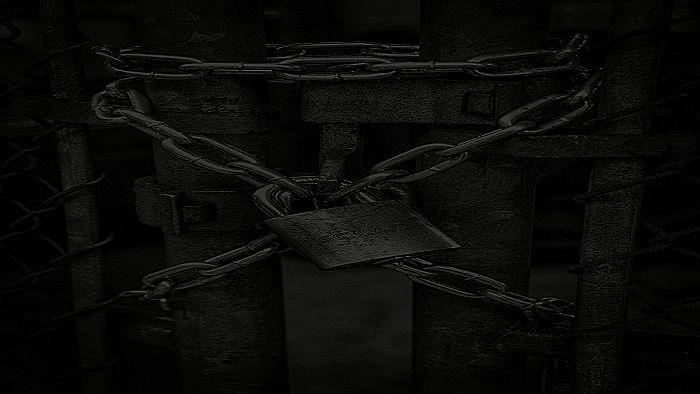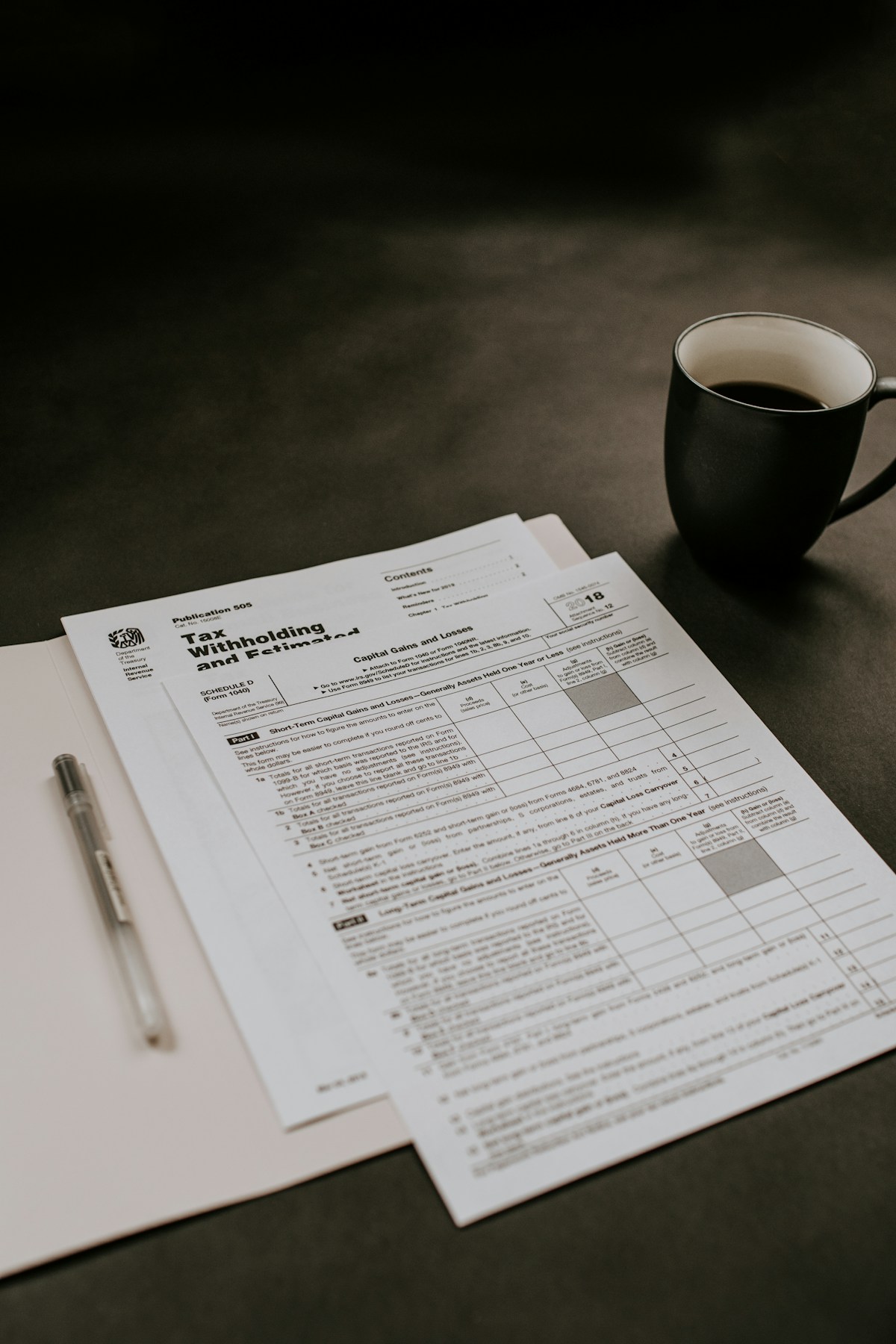A comprehensive guide to the steps you should take after an accident to protect your legal rights and ensure fair compensation.
Being involved in a car accident is a jarring experience that can leave you disoriented and unsure of what to do next. However, the actions you take immediately following a collision can significantly impact your ability to protect your legal rights and secure fair compensation for injuries and damage. This guide outlines essential steps to take after an accident to safeguard your interests.
Immediate Steps at the Accident Scene
1. Ensure Safety First
Before anything else, check yourself and others for injuries. If it's safe to do so, move vehicles to the side of the road to avoid further accidents. Turn on hazard lights and, if available, set up warning triangles or flares.
2. Call Emergency Services
Even for minor accidents, always call 911 to report the incident. Police documentation is crucial for insurance claims and potential legal action. Additionally, if anyone is injured, ensure medical help is dispatched immediately.
3. Exchange Information
Collect comprehensive information from all involved parties:
- Full names, addresses, and phone numbers
- Driver's license numbers
- License plate numbers
- Insurance company names and policy numbers
- Vehicle makes, models, and years
Be mindful of what you say during these exchanges. Avoid admitting fault or making statements like "I'm sorry" that could be interpreted as accepting responsibility.
4. Document the Scene
Thorough documentation is invaluable for insurance claims and potential lawsuits:
- Take photos of all vehicles from multiple angles, capturing the damage
- Photograph the accident scene, including skid marks, road conditions, and traffic signs
- Note weather conditions, time of day, and visibility
- Get photos of your injuries, if visible
5. Identify Witnesses
If possible, speak with witnesses and collect their contact information. Independent testimonies can be crucial in establishing what happened, especially in cases where fault is disputed.
Post-Accident Legal Protection
1. Seek Medical Attention
Get a medical evaluation promptly, even if you feel fine. Some injuries, like whiplash or internal trauma, may not be immediately apparent. A medical record connecting your injuries to the accident is essential for claims. Follow all treatment recommendations and keep detailed records of:
- Doctor visits and treatments
- Prescribed medications
- Physical therapy sessions
- Any medical tests or procedures
- Pain levels and limitations on daily activities
2. Notify Your Insurance Company
Report the accident to your insurance company as soon as possible, regardless of fault. Most policies require prompt notification and cooperation. However, provide only factual information about the accident. Avoid:
- Speculating about fault
- Providing recorded statements without legal advice
- Accepting quick settlement offers before understanding the full extent of damages
- Signing medical releases that give insurers unlimited access to your medical history
3. Obtain the Police Report
Request a copy of the police report, which typically becomes available within 1-2 weeks after the accident. Review it for accuracy and note any errors. This official document carries significant weight in determining fault and processing claims.
4. Track Your Damages
Maintain detailed records of all accident-related expenses and impacts:
- Medical bills and related costs
- Vehicle repair estimates and bills
- Rental car expenses
- Lost wages from missed work
- Property damage
- Pain and suffering documentation (keep a daily journal describing how injuries affect your life)
5. Be Cautious with Insurance Adjusters
Insurance adjusters work for the insurance company, not for you. Their job is to minimize the company's payout. Be wary of:
- Requests for recorded statements
- Pressure to accept quick settlements
- Requests to sign blanket medical authorizations
- Suggestions that you don't need legal representation
6. Understand the Statute of Limitations
Every state has time limits (statutes of limitations) for filing accident-related lawsuits. These typically range from 1-6 years, depending on the type of claim and your location. Missing these deadlines can permanently bar you from seeking compensation.
When to Consult an Attorney
While minor fender-benders may be handled without legal assistance, consider consulting an attorney if:
- You've suffered significant injuries requiring ongoing treatment
- The accident resulted in permanent disability or long-term health impacts
- There are disputes about who was at fault
- Multiple parties are involved (other drivers, pedestrians, etc.)
- The accident occurred in a construction zone or involved a commercial vehicle
- Your insurance company is acting in bad faith or offering an inadequate settlement
- There are complex liability issues
Most personal injury attorneys offer free initial consultations and work on a contingency fee basis, meaning they only get paid if you receive compensation.
Protecting Your Digital Footprint
In today's connected world, be mindful of what you share online after an accident:
- Avoid posting about the accident on social media
- Don't share photos or activities that could contradict your injury claims
- Consider increasing privacy settings on social accounts during the claims process
- Be aware that insurance companies may monitor your online presence
By taking these steps after a car accident, you establish a strong foundation for protecting your legal rights and securing fair compensation for your damages.






